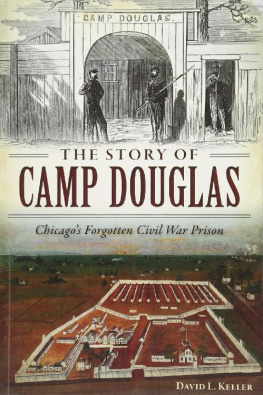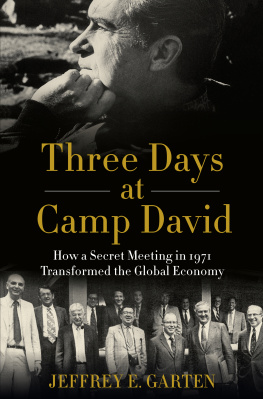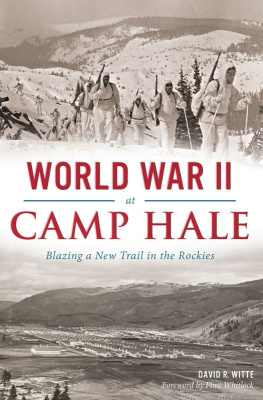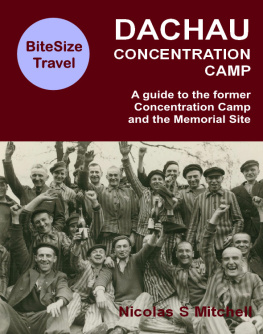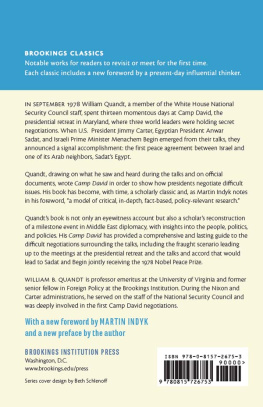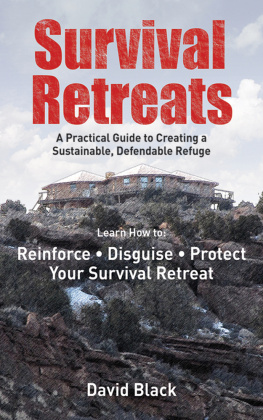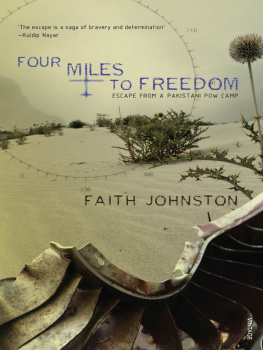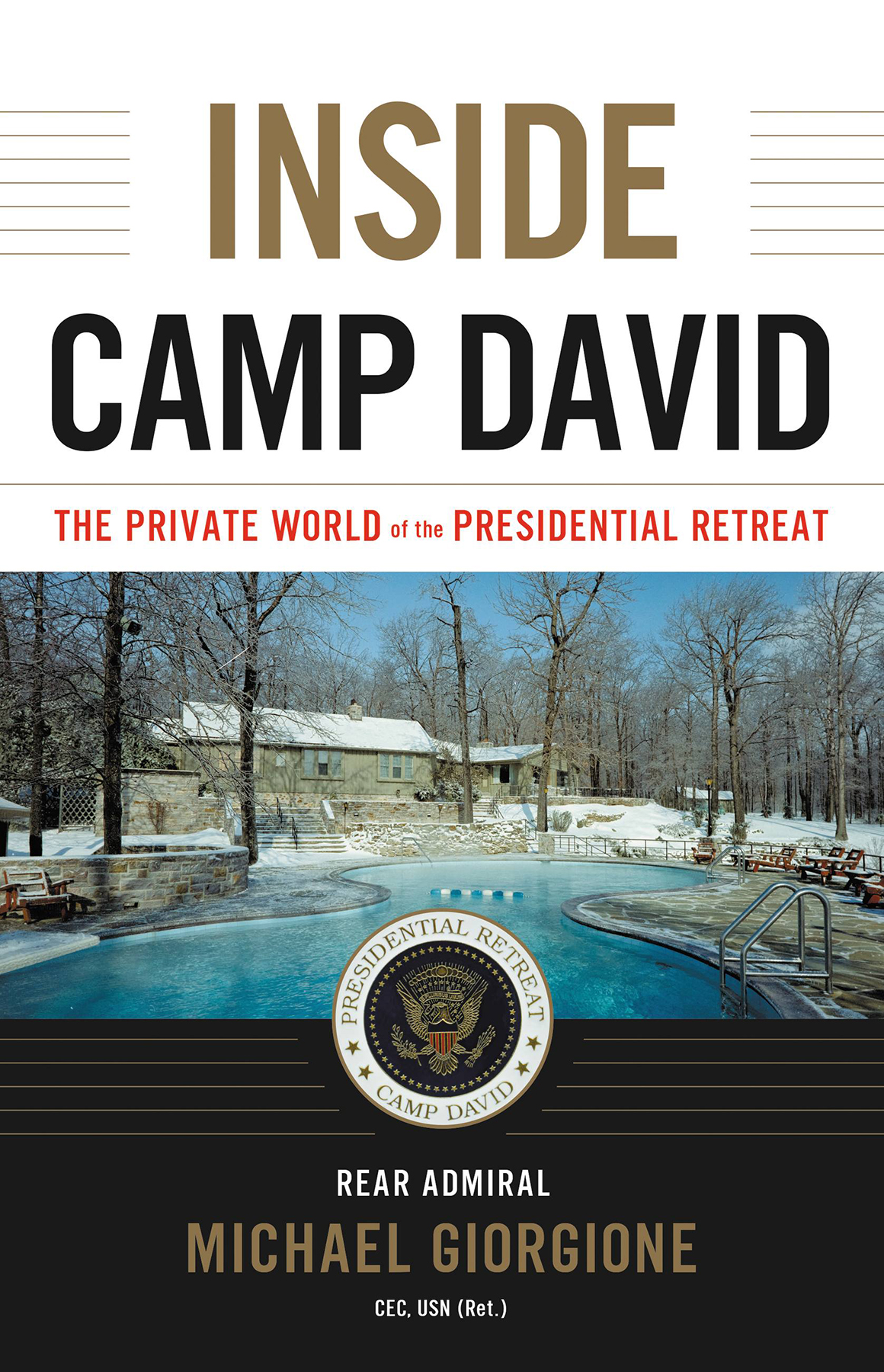Cover design by Mario J. Pulice
Cover 2017 Hachette Book Group, Inc.
Hachette Book Group supports the right to free expression and the value of copyright. The purpose of copyright is to encourage writers and artists to produce the creative works that enrich our culture.
The scanning, uploading, and distribution of this book without permission is a theft of the authors intellectual property. If you would like permission to use material from the book (other than for review purposes), please contact permissions@hbgusa.com. Thank you for your support of the authors rights.
Little, Brown and Company is a division of Hachette Book Group, Inc. The Little, Brown name and logo are trademarks of Hachette Book Group, Inc.
The Hachette Speakers Bureau provides a wide range of authors for speaking events. To find out more, go to www.hachettespeakersbureau.com or call (866) 376-6591.
The publisher is not responsible for websites (or their content) that are not owned by the publisher.

Theres just something about this place.
Marine stationed at Camp David
O N AN EARLY-WINTER day, the mountain is quiet during my long, winding drive to the topeighteen hundred feet up from the town of Thurmont, Maryland. I go past the now-silent campgrounds, buried in the last fallen leaves of autumn. Past the deep woods, with their streams and brush and spectacular bluffs. Along the way, the barren oak, tulip poplar, and red maple trees stand like a dense army of frozen sentries, thousands of them lining the road on both sides.
I have made this drive in all seasons. On a late-spring day, the woods are abloom, the fragrance of honeysuckle, mountain laurel, and wildflowers hanging in the air. The summer heat gives way to a cooling effect the higher you climbthe temperature at the top of the mountain is ten to fifteen degrees below that of the towns at its base. Late fall brings an icy rain that coats the ground in a treacherous sheen. By December, the woods are quiet, as if hibernating. Snow, when it comes, encases every branch in a sparkling glow. Each season brings its own special wonder to the Catoctin Mountains, home of Camp David, the presidential retreat.
Camp David is actually a Navy installation, though hardly a typical one. Its official name is Naval Support Facility Thurmont. It is commanded by a U.S. Navy Civil Engineer Corps officer of the commander rankas I was when I served thereand is staffed, maintained, operated, and guarded by an extraordinary team of Sailors, Marines, and other military personnel under the White House Military Office (WHMO, pronounced whammo). Were the force on the ground, so to speak, and the story of Camp David is very much our story too.
It is easy while Im on that drive to the top to feel the history alive in these mountains, because this is a very American kind of place. George Washington probably visited the area, which was clear-cut for charcoal to produce cannonballs at the Catoctin Furnace during the Revolutionary Warthe mountains first national service.
Camp David is purposely hard to find unless you know where to look for it. One writer described it as a place that doesnt exist, an apt portrayal. The turnoff, which I know so well but which would easily escape the eye of a casual traveler, is a crack in the almost seamless landscape, marked with a small sign that reads CAMP #3, an anonymous designation tracing back to an old WPA site from the 1930s. There is no grand entrance, no stately front gate or barrier on the main road. Even David Eisenhower, for whom the camp is named, had a hard time locating it one day on a drive through the mountains with his wife, Julie Nixon Eisenhower. And both of them had been to the camp many times. Its very anonymity is its best defense against intruders, as there is nothing discernibleno visible security, nothing at all, just the woods and a high fence thats mostly hidden unless you get up close. It can feel, on a dark winter afternoon, as if the nearest human being is a thousand miles away. But if, by accident or intention, you turn in and proceed a few yards down the path, everything changes. The silent landscape springs to life in the form of some of the most capable and observant military forces known to man. Here, the trees really do have eyes.
It can give the place an eerie atmosphere.
Chuck Howe, the commanding officer (CO) at the end of the Kennedy administration, recalled that First Lady Jackie Kennedy once asked his six-year-old daughter, Polly, Do you like it up here?
Polly replied enthusiastically, Yes, I love it!
Jackie leaned in and said, But its so spooky.
Howes wife, Jo-An, listening to the conversation, laughed. Oh, Mrs. Kennedy, she said, you dont know how hard they work to keep it spooky for you so that you wont see them and youll feel free to be anyplace here.
The point was well taken by Jackie, and she would come to appreciate the remote feeling of Camp David as a welcome respite from the constant attention she and the children received in the outside world.
One could be forgiven for thinking the camp has ghosts. At night, the silence and unnatural stillness can creep up on you. After FDRs death, the Filipino stewards who had served him were afraid to enter his cabin alone after dark. They reported seeing the glow of a cigarette on the screened porch where they had often watched FDR smoking at night. I could relate. Going to the woodshed after dark and in a misty fog to get firewood could be its own spooky experience, and the patter of mice scurrying around and beneath the stacked, rotting logs added to the sense of unease.
Every commanding officer has had a similar feeling. Its a mystical place, Commander Mike OConnor, who served during George W. Bushs presidency, said of his first impression of the camp. You hear about it, but experiencing it is different. Its mystical. It gives you goose bumps.
Camp David is functionally invisible, as its designed to be. In the beginning, during FDRs time, as World War II raged on, the administration went to great lengths to deny the camp (then called Shangri-La) even existed. The best efforts of the press were thwarted again and again as the White House put them off the scent, and it wasnt fully unveiled until after the war. Such secrecy is understandable in a time of war, but there was another reason for it too: a president needs a small corner of the universe where he can truly be alone with his thoughts and relaxed in his demeanor. Before Reagan took office, Pat Nixon confided to Nancy, Without Camp David, youll go stir crazy. And most presidents since have agreed.
Today, absolute privacy is the gift Camp David continues to bestow on presidents. Press access is limited and invitation only, and those invitations are usually given only when there is an international summit. At the White House there is such a constant clamor, so many demands, that there is literally little chance to think. At Camp David, the clamor subsides, if not the weight of obligation. A White House photographer is on hand only when requested to capture personal moments in the manner of a family scrapbook. Even these photos are guarded. Unlike at the White House, where every moment is observed and recorded, at the camp, it is possible to close the door and draw the curtains, shutting out the nation for a precious brief time. Presidents can


